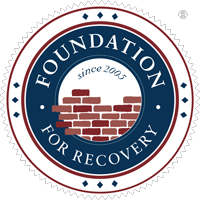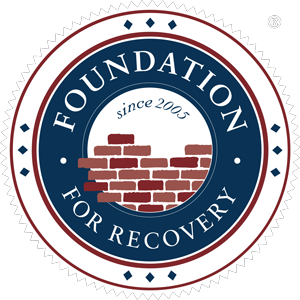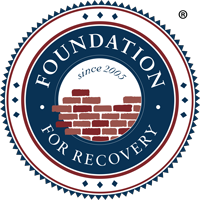Introduction to Opioids:
• Opioids are a substance from the opium poppy, or a synthetic form (e.g. morphine or heroin), and opioids have the potential to cause substance dependence, abuse, or poisoning (WHO, 2014).
• Opioids can be split into several different categories, which include natural opioid analgesics (e.g. morphine and codeine), semisynthetic opioid analgesics (e.g. oxycodone, hydrocodone, hydromorphone, and oxymorphone), synthetic opioid analgesics (e.g. tramadol and fentanyl), methadone, and heroin (illegal) (CDC, 2016).
• There were approximately 19,000 deaths attributed to prescription opioids in 2014, which is about 52 deaths daily in the United States (CDC, 2016).
Emergency Department and Inpatient Hospital Admissions
● This section of the report will focus on emergency department visits and inpatient hospital admissions in Nevada as they relate to drug overdose involving opioid poisoning.
● Between 2010 and 2015, there were a total of 10,061 emergency department visits and inpatient hospital admissions related to opioid poisoning in Nevada.
Read the full report here.










